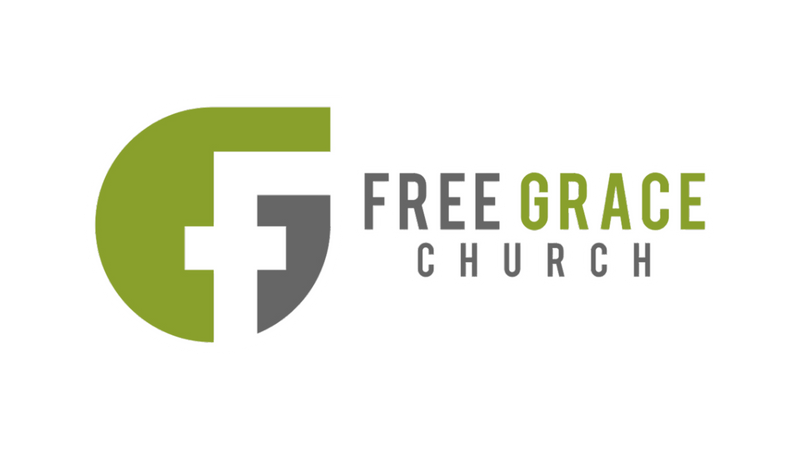God and The Reasonable Person Standard
/When I worked in healthcare I was told that if I ever made a mistake, especially one that might harm someone, that I would be judged by the “reasonable person standard.” What that means is that a person’s conduct would be evaluated against based on this concept: What would a reasonable person with similar training and experience do in your circumstances? If what you did was in line with what a thinking person with your certification might do, then even if some harm followed you would be cleared. Your decision wouldn’t be considered an act of negligence.
I was recently reading the book American Sketches by Walter Isaacson. In one of the essays he mentioned that Albert Einstein famously remarked to a friend, “When I am judging a theory, I ask myself whether, if I were God, I would have arranged the world in such a way.” We may speculate on the larger context and meaning of the statement. But it made me think about this idea: “If I were God, would I have done it this way?”
The implication here is really applying the form of the reasonable person standard to God. Take 100 other intelligent, wise, compassionate people and ask them how they would have made the world. If their answer is different than what we see, then we must conclude that God is somehow negligent. This is the way we often deal with suffering and evil in the world. It is easy for us to conclude that God got it wrong, because we would have done it different if we were in charge.
Lay people do this all the time to the “experts” and it is now more visible than ever. Social media makes it easy for us to publish our condemnation of coaches, referees, engineers, police officers, surgeons, generals, judges, pilots, etc. With little consequence we can broadcast our “informed opinions” about all these people and their decisions. Of course, few of us fit into the “reasonable person” standard when compared to these people. We don’t have their training. We don’t have their experience. We haven’t had the privilege of their mentors. We don’t know the rules and guidelines of their profession. And we aren’t liable to suffer the consequences of their decisions either. What we do have is a meme, or a 30 second sound bite with which to judge them. Somehow this makes us the standard. And it is laughable how often we are wrong. When the full story is revealed many of the most criticized decisions end up being the right ones.
We also do this to God. We can say with Einstein, “If I were God…” But is there really a more arrogant statement? What we should really say is: “If I knew absolutely everything, including the past and the future… If I could see into people’s motives and heart dispositions… If I was able to perfectly balance the interests of all things in the right proportion… then I would have done things different.” But that isn’t true. You aren’t God and neither am I. You can’t even master 1/100th of all there is to know in any one academic or scientific discipline, let alone all of them.
But God does know it all, and has gracious purposes. He has made this clear in sending Jesus to enter our world and suffer on our behalf. He has withheld nothing from us, no matter the cost. Though his gracious purposes include a world of brokenness and evil, we can trust that if we knew what God knew, we wouldn’t criticize. We would just stand in awe. And one day we will. But he hasn't done it the way we would have done it. But since most of us have trouble balancing our checkbooks and keeping a few resolutions for the New Year, it is more reasonable to trust that the one who framed the all the wonders of the world-great and small-is more qualified than we are. We should stop acting like we are the reasonable person standard for God.






